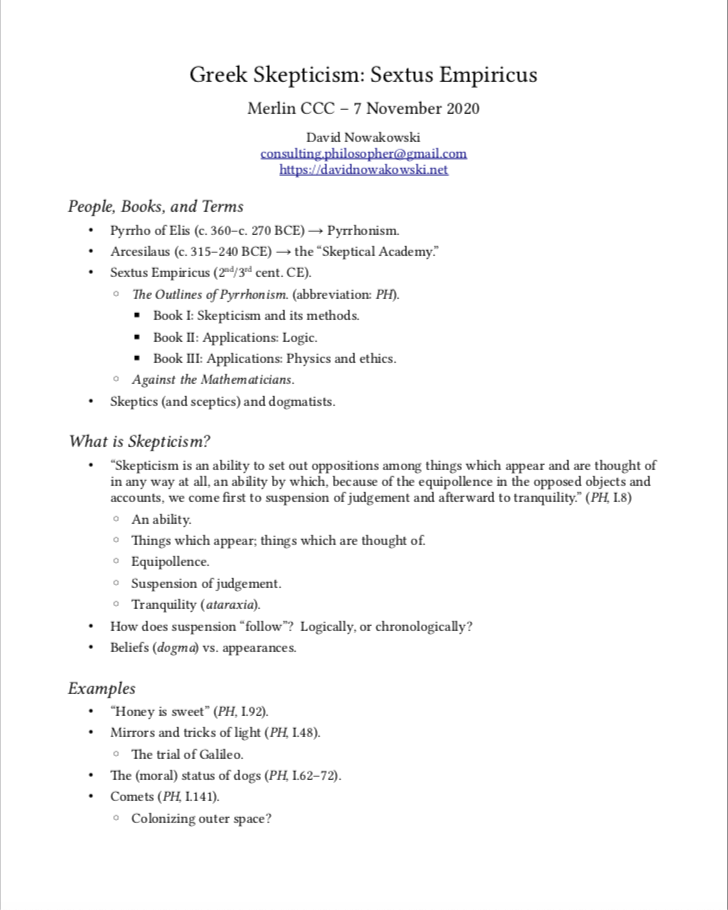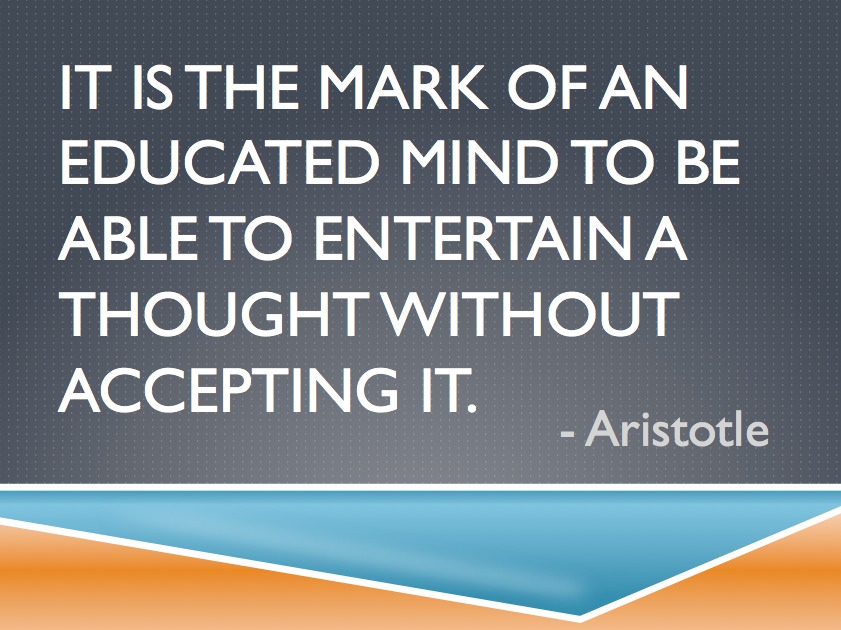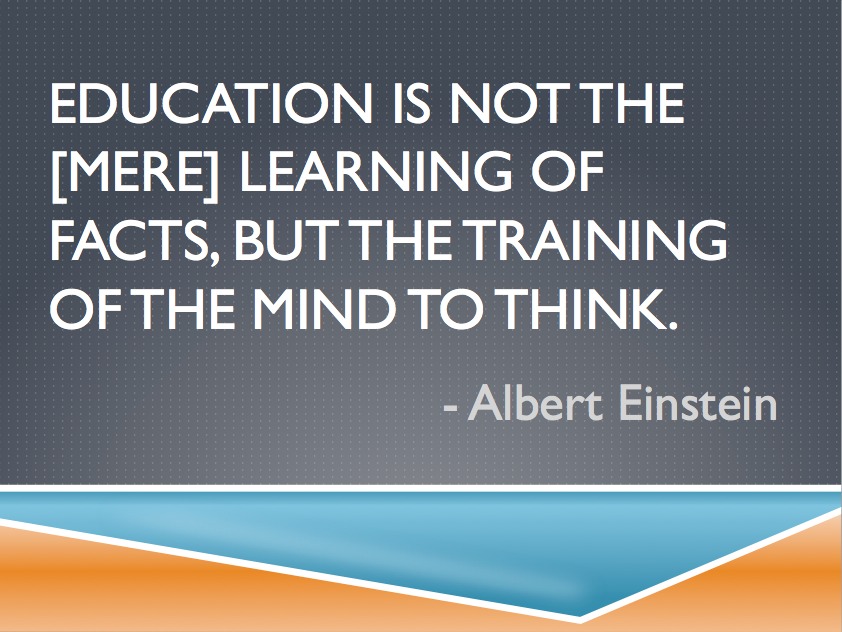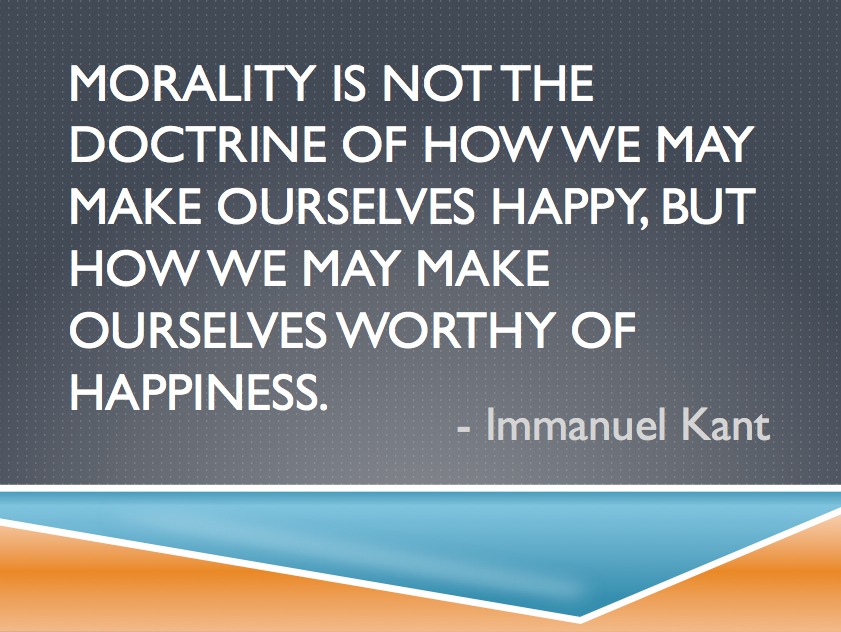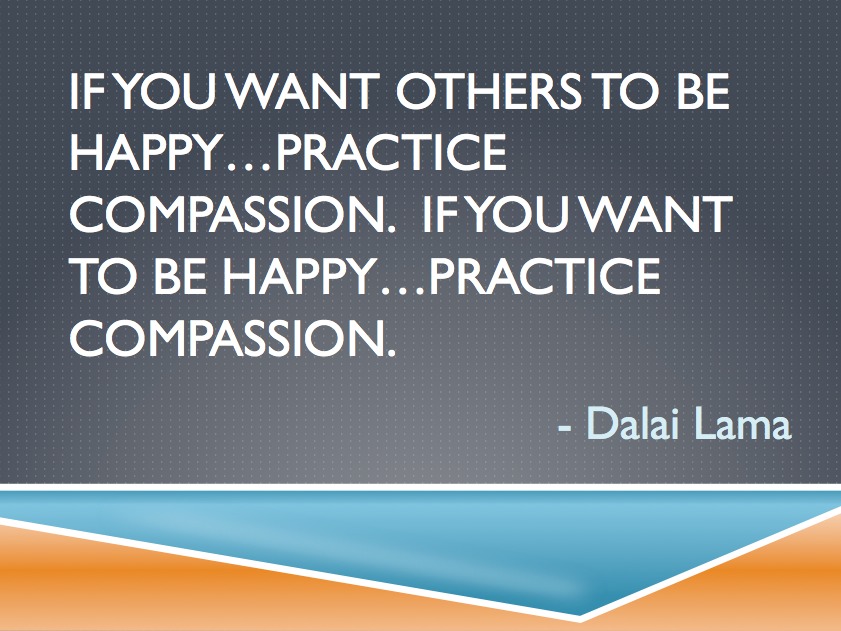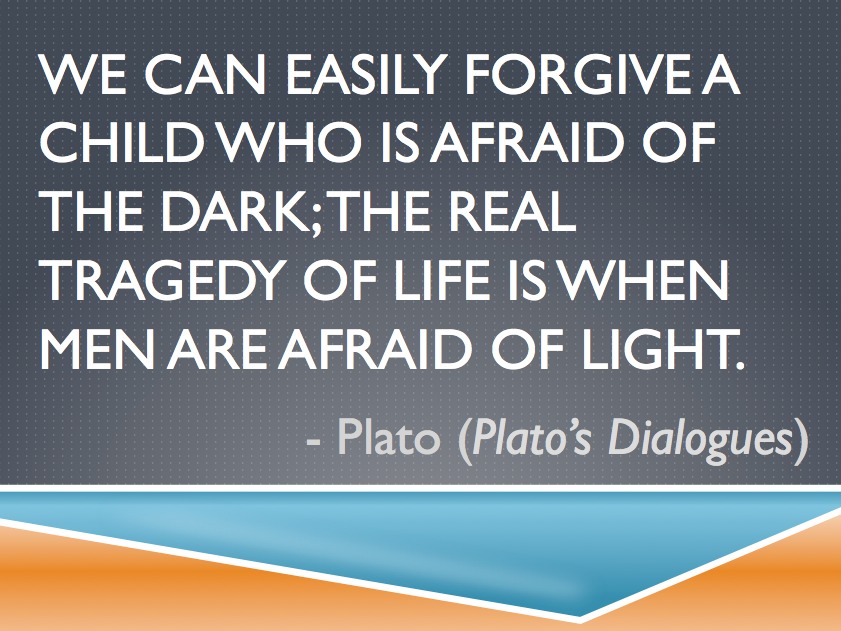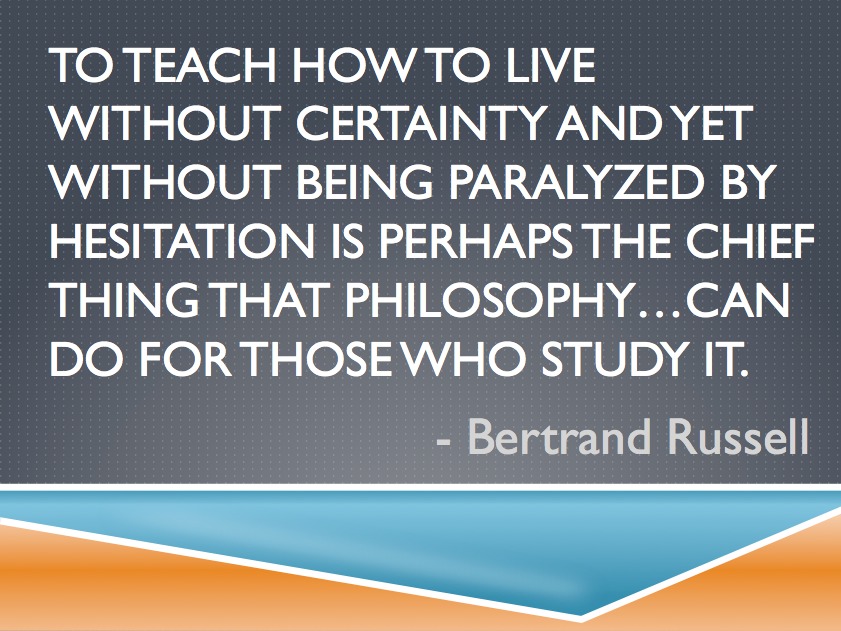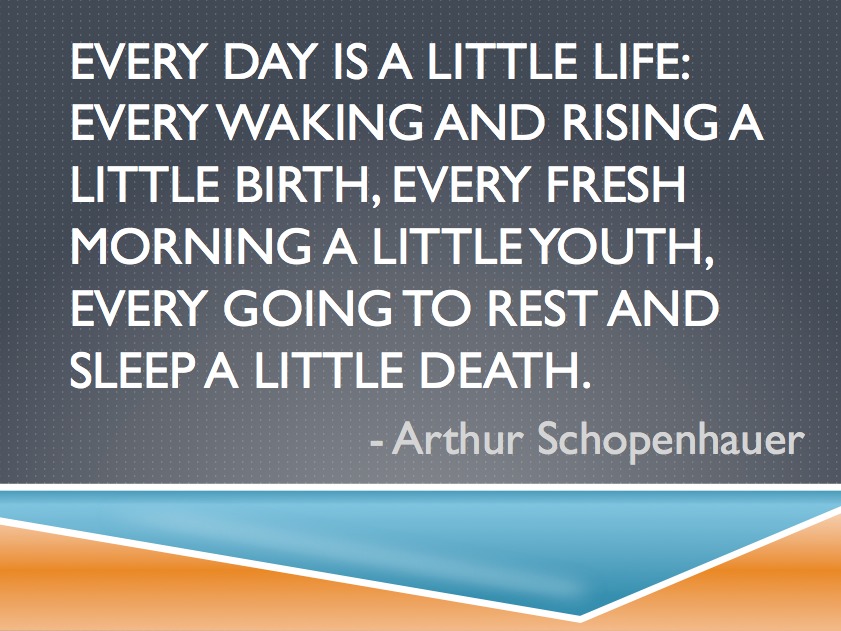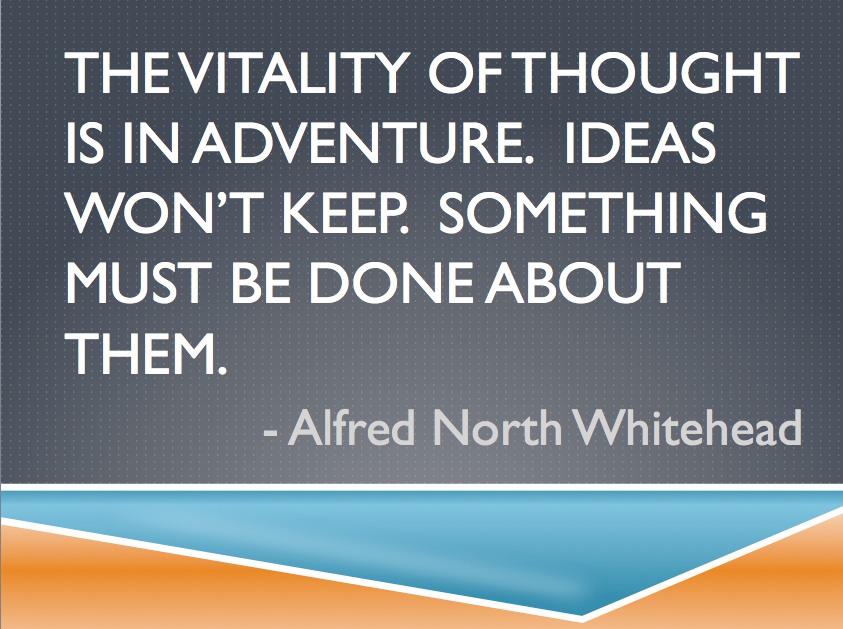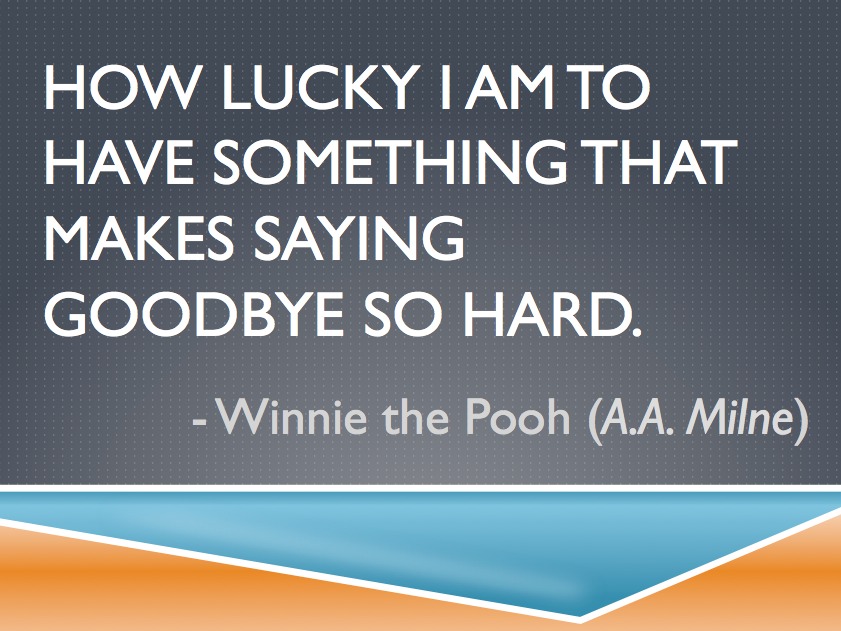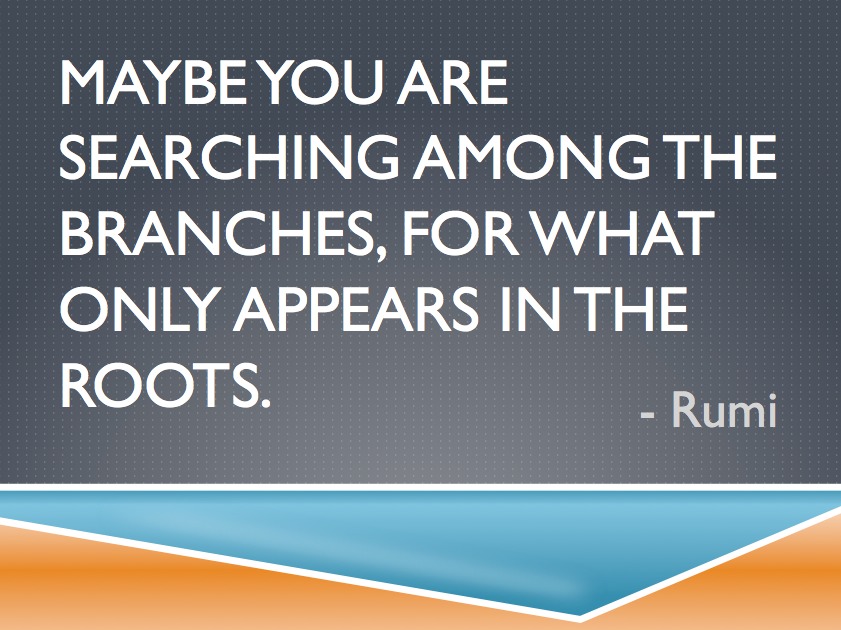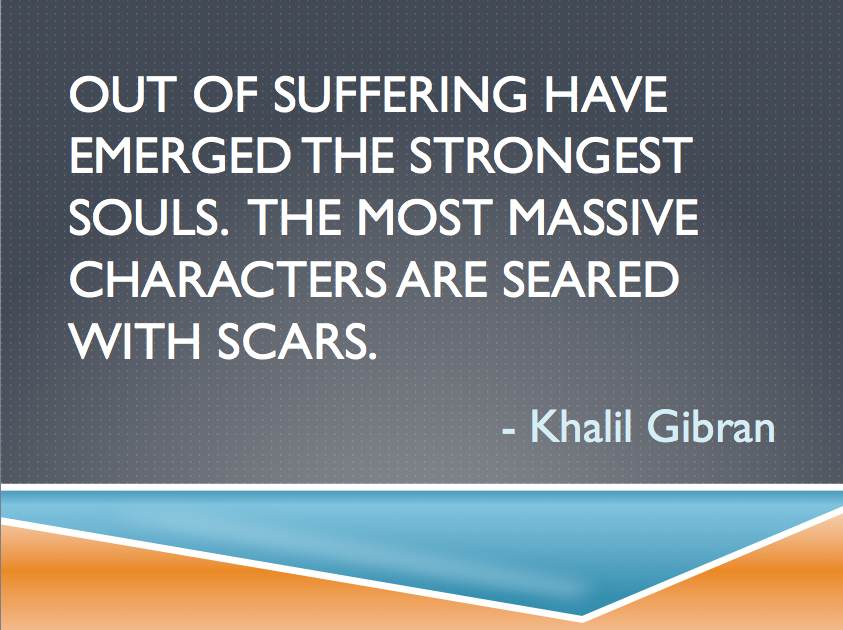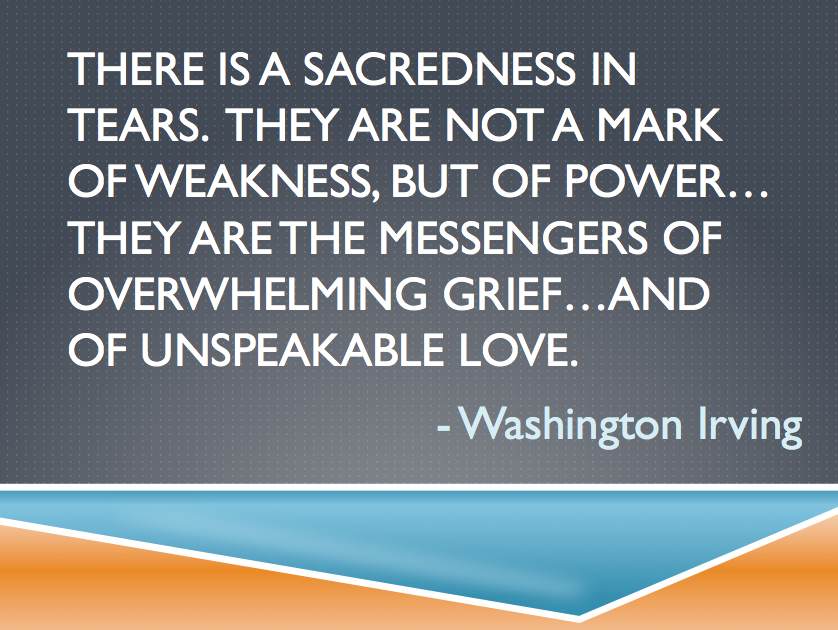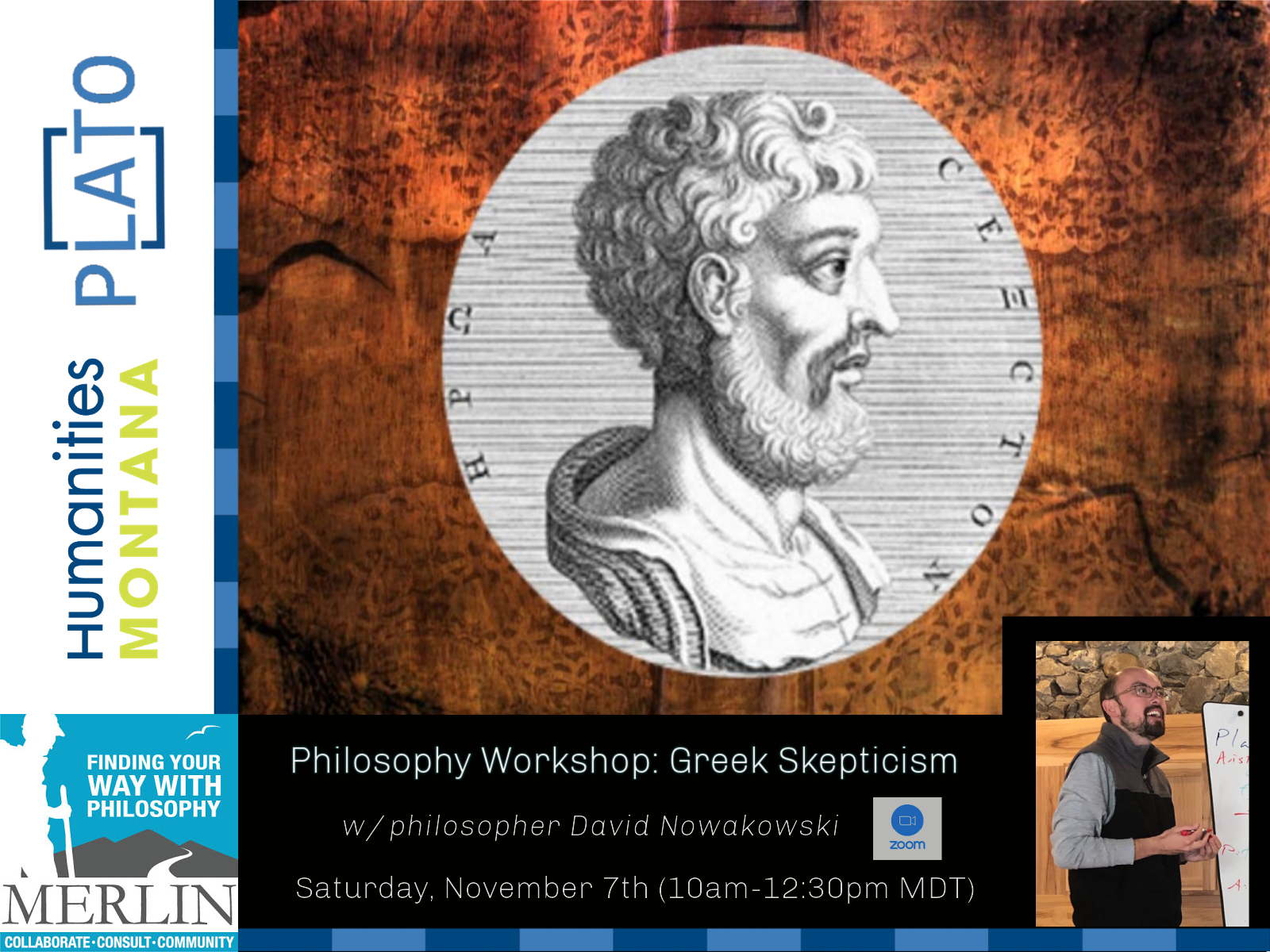
The word “skepticism” comes from a Greek root that originally meant “to inquire” or “to seek out.” How did we get from there to the modern notion of a skeptic as someone who is constantly casting doubt, if not outright rejecting the possibility of knowing anything for certain? And how might the skeptic navigate the challenges of ordinary life today?
In this first installment, we looked at skepticism within the history of Greek and Hellenistic philosophy, and especially at the work of the most famous skeptic within that tradition, Sextus Empiricus (2nd/3rd c. CE). For Sextus, skepticism is both an orientation toward the philosophical life, and a method for approaching philosophical problems.
In that course of exploring those two components of traditional skepticism, we:
- Situated the skeptical movements within the larger history of Greek philosophy
- Distinguished skepticism (in its classical sense) from apathy, indifference, and relativism
- Explored the practical methods which Sextus offers to see how they might be applied to a wide variety of problems or arguments
- Looked at the four special kinds of beliefs, which Sextus thinks are immune to the skeptical method
Once we did that, we took a step back to look at the big picture: Why would anyone want to be a skeptic? Sextus claims that skepticism leads—surprisingly and unexpectedly—to a state of tranquility. How is that supposed to work? Is it really a path by which any of us could find that tranquility?
And we took up a practical question: How could a genuine skeptic—someone who suspends judgment on nearly all matters of belief—get by in the real, day-to-day world that we all inhabit?
Videos
(Workshop Introduction & Session Recordings )
About the Workshop Leader...
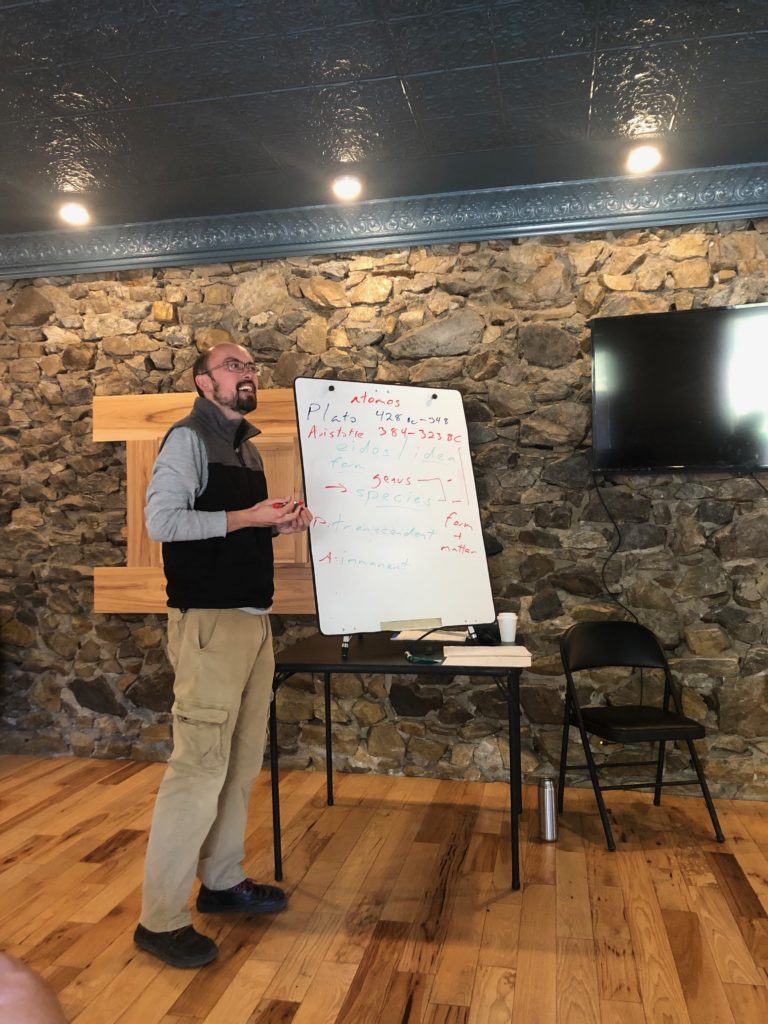
David is as a philosopher and educator whose professional work is dedicated to helping people of all ages and backgrounds access, understand, and apply the traditions of ancient philosophy to their own lives. A lover of philosophy and the great outdoors, David is currently building his own consulting practice and serves as a Philosophical Advisor and Consultant for Merlin CCC & Senior Mentor for scholars in the Merlin Fellowship Program.
David began studying ancient philosophies and classical languages in 2001, and has continued ever since. A scholar of the philosophical traditions of the ancient Mediterranean (Greece, Rome, and North Africa) and of the Indian subcontinent, reading Sanskrit, Latin, and classical Greek, he earned his Ph.D. in philosophy from Princeton University in 2014. His work has appeared in a variety of scholarly journals, including Philosophy East & West, Asian Philosophy, and the Journal of Indian Philosophy; as well as in presentations to academic audiences at Harvard, Columbia University, the University of Toronto, Yale-NUS College in Singapore, and elsewhere.
A hermit by nature and by committed choice, he balances contemplative solitude with his active work in teaching, counseling, and the healing arts. We are elated to be collaborating with David on our philosophy in the community activities, fellowships, and other Merlin projects.
Thank You’s


Thank you to Humanities Montana and P.L.A.T.O. (Philosophy Learning and Teaching Organization) for helping support our philosophy in the community programs and making events like this possible! This workshop was part of our 2020 “Thinking as a Community” project.

